
Huge thanks to all who participated in my (still open) reader survey. The top question from respondents related to how to find paid board opportunities. In short, it’s all well and good to talk about rock the interview with a Nominations Committee. In our quest to get on paid boards, how do we find opportunities in the first place?
Let’s set aside the obvious routes to the boardroom. Sheryl Sandberg and Ed Clark do not need help finding roles. The boards find them.
The rest of us needn’t feel discouraged. We can still chart our path to the boardroom, though it will take some effort and informed planning. In a past post, I shared a few renegade routes to the boardroom. Survey results suggest that it’s time to describe the complete ladder that most of us climb right from the first rung.
First, be known for mastering a niche
Successful directors make valuable contributions that are rooted in very specific expertise. This knowledge often represents the intersection of two or more fields that align with pain points felt by their board. For example, one of my MEC board colleagues has deep HR experience in the co-operative sector. When the board makes decisions about the CEO incentive plan, many questions land at her feet. Who else on our board could rhyme off incentive structures that don’t require publicly-traded share capital?
Although each board’s pain points will be unique to its circumstances, common themes arise. Risk oversight, IT governance, and supply chain expertise appear frequently on a nominations committee’s wish list. Those with digital media chops can find inspiration in the board careers of Torrence Boone, Clara Shih, Mitzi Reaugh, Janet Bannister, and Katie Mitic. You don’t need to found a social network to land on a board. There are more modest plays available to digital-savvy leaders.
Mastery of a niche can be defined in ways that extend beyond knowledge of a function or sector. Some boards are looking for directors offering a different point of view, perhaps one that aligns with a desirable target market. The Macy’s board, for example, intentionally mirrors the customers who shop there. Craig Weatherup, a Macy’s director and member of its nominations committee, predicts that “Boards that aren’t looking for younger, digitally savvy female and ethnic board members are really going to fall behind”.
When we can articulate our contribution, we are halfway to convincing a potential board of the same.
Earn your stripes on non-profits
For many leaders, non-profit board service is a rewarding end unto itself. Those building careers as corporate directors can also view non-profit boards as fertile training ground. In what other context might a green director be asked to recruit a new CEO?
It is worth noting that there is a clear hierarchy within non-profit governance. Obviously, the board of a homeowner’s association does not rank alongside that of The Heart & Stroke Foundation. We all begin somewhere and we should do great work wherever we are right now. We can plan, however, by looking up the non-profit food chain.
Gauge the relative significance of a non-profit board by reviewing the list of current directors. Is the board stacked with CEOs of publicly traded companies? Do the directors also serve on for-profit boards? If yes, then volunteering our time either as a consultant or board member can help our trajectory.
Certain non-profit boards develop relationships with larger non-profits. For example, the board of SickKids might look to its foundation board and that of Camp Oochigeas for potential directors. Candidates who just miss the cut for a large non-profit board might ask to serve on the board’s audit committee for a few years. As mentioned in a past post, these opportunities can educate us about good governance, build our network, and fuel board interviews with illustrative stories about our impact.
Then, work to get on paid boards
A few years on non-profit boards position us to pursue our first paid board appointment. Member-based associations, co-operatives, and credit unions are great options. These organizations typically have relatively transparent board recruitment processes and complex operations that value the specific expertise described above.
Crown corporations and industry groups are another source, though they appear most receptive to those who have a connection on the current board. If your network connects you to private equity groups or executive search firms, these relationships, nurtured over time, can lead to helpful introductions.
A colleague of mine likes to say that “the riches are in the niches”. I think that is true for corporate directors as we align our gifts to the unique needs of boards.
It is possible that your first board appointment will be a paid role, but it is rare. Those who enjoy this good fortune will have clear, hard-to-find expertise in an area that boards value highly. Fortunately, the rest of us can work over time to leverage our growing expertise and diligent work ethic. As our network and impact grow, we will find board opportunities that make all the effort worthwhile.
If you found this post helpful, please tweet and/or share it with your network. There is a good chance others will enjoy it too.










